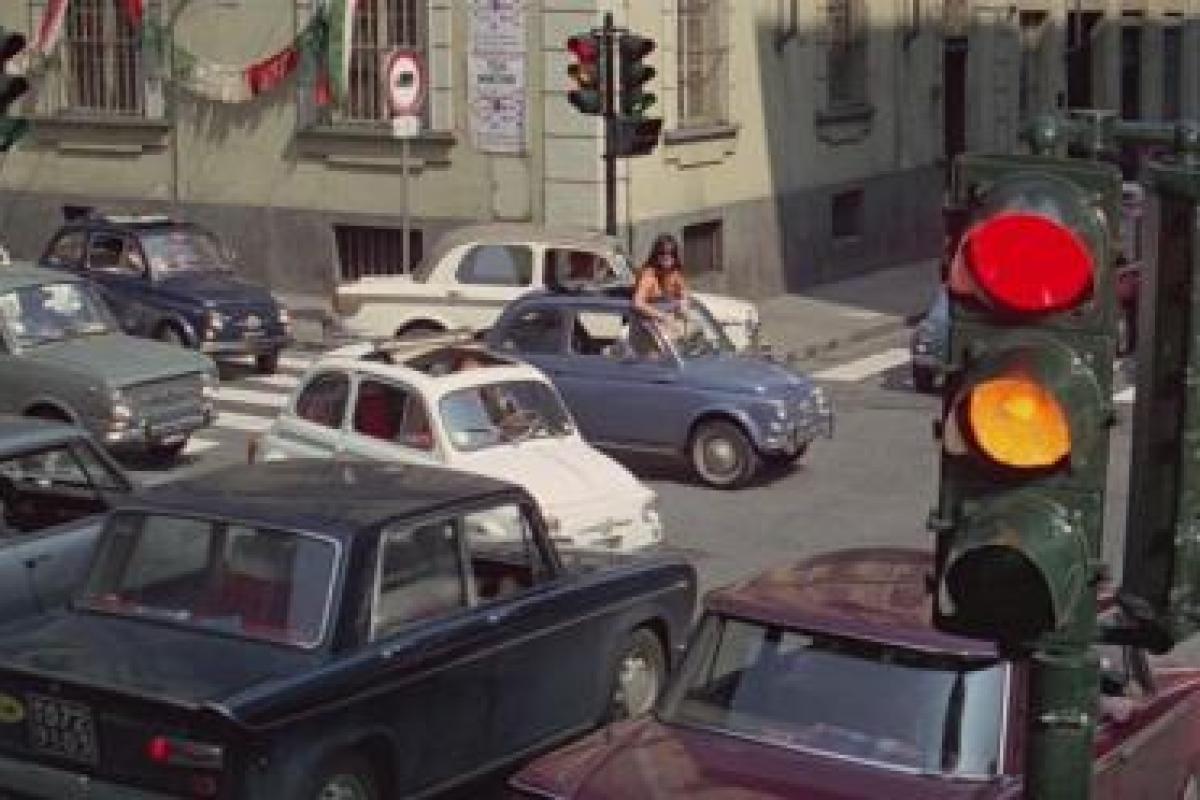Do we buy all the tenets of behavioural economics? Are we convinced by these counter-intuitive insights and theories, where people apparently behave against their self interest, and can be persuaded by the way the argument is framed? We’ve all heard about the Prime Minister’s enthusiasm for the Thaler and Sunstein approach, and the establishment of the Behavioural Insights Team (“Nudge Unit”) to advise on making government policy more acceptable and easier to implement. In advertising and marketing communications generally we have all become accustomed to cunning plans arising from behavioural insights. But are nudges all genuine, or are some of them fudges?
This is my fiftieth monthly blog for the Marketing Society in this series, and I thought I would try something different – something more interactive. It all started with the famous (infamous?) idea from Norfolk County Council and the Department of Transport to remove the broken white line in the centre of two lane roads, on the grounds that drivers will go more slowly, take more care, and cause less accidents if they can’t see the dividing line between the two carriageways. I read about the mooted experiment, and sided with the AA, who see the idea as frankly barmy.
Paul Watters, the head of roads and transport policy at the AA, said authorities should be looking to increase road markings, rather than decrease them. “Far from talking their use down we should be talking it up,” he said. “They have a vital role in keeping road users safe. Of course there should be places where they can
be dispensed with and this has largely worked, but unlike road signs, markings are already less intrusive but still help road users.”
For my own part I wondered if abolishing air traffic control might make pilots more cautious, and if taking out zebra crossings could promote more caring engagement between pedestrians and other road users.
So for this half century blog, let’s ask readers what they think, starting with the white line idea, but also about other insights, other theories that don’t seem to check out, or are less convincing. It’s also going to be a test of whether I do actually have readers out there!
Here are some questions to set you thinking:
- Are all these pro-cycle initiatives a great idea? Is it sensible to encourage what might be a dangerous level of coming together between vulnerable bikes and better protected motor vehicles?
- How much good will come from reducing sugar and salt content? Might consumers work out how to get their sweet and savoury fixes from other foods that still taste good to them? Evidence seems to suggest that the only effective disincentives to obesity are war, pestilence and poverty – none of which attract
- Why target road users and pensioners to balance the books, when simply raising direct taxation would bring in more funds to the Exchequer without putting prices up and increasing the likelihood of senior citizens needing more welfare?
- Does it make sense to subsidise further increases in the availability of tertiary education, when companies seem more interested in hiring school leavers and apprentices?
- Why allow councils to save money by cutting rural bus services, thus ensuring putting more cars on the road?
- Does getting rail passengers from London to Birmingham 15 minutes quicker justify HS2 and so much destruction of the countryside? And while we are in the wonderful world of railways, how many people want to go from Maidenhead to Stratford E?
- Is it a greater good to guarantee the closure of vast numbers of country pubs by changing a drink/drive alcohol limit that has worked adequately for nearly 50 years – when in many parts of the country the pub is the only viable community centre?
Read more from David Wethey here.
